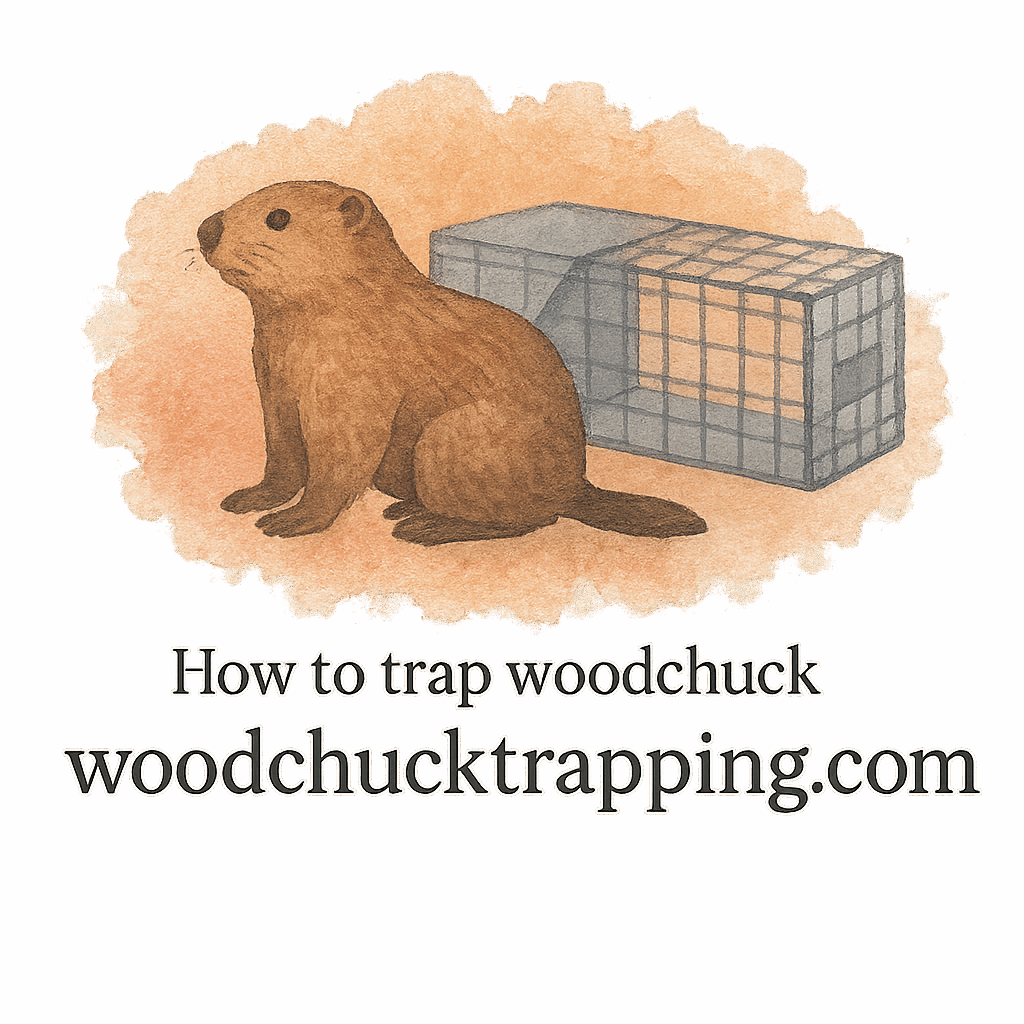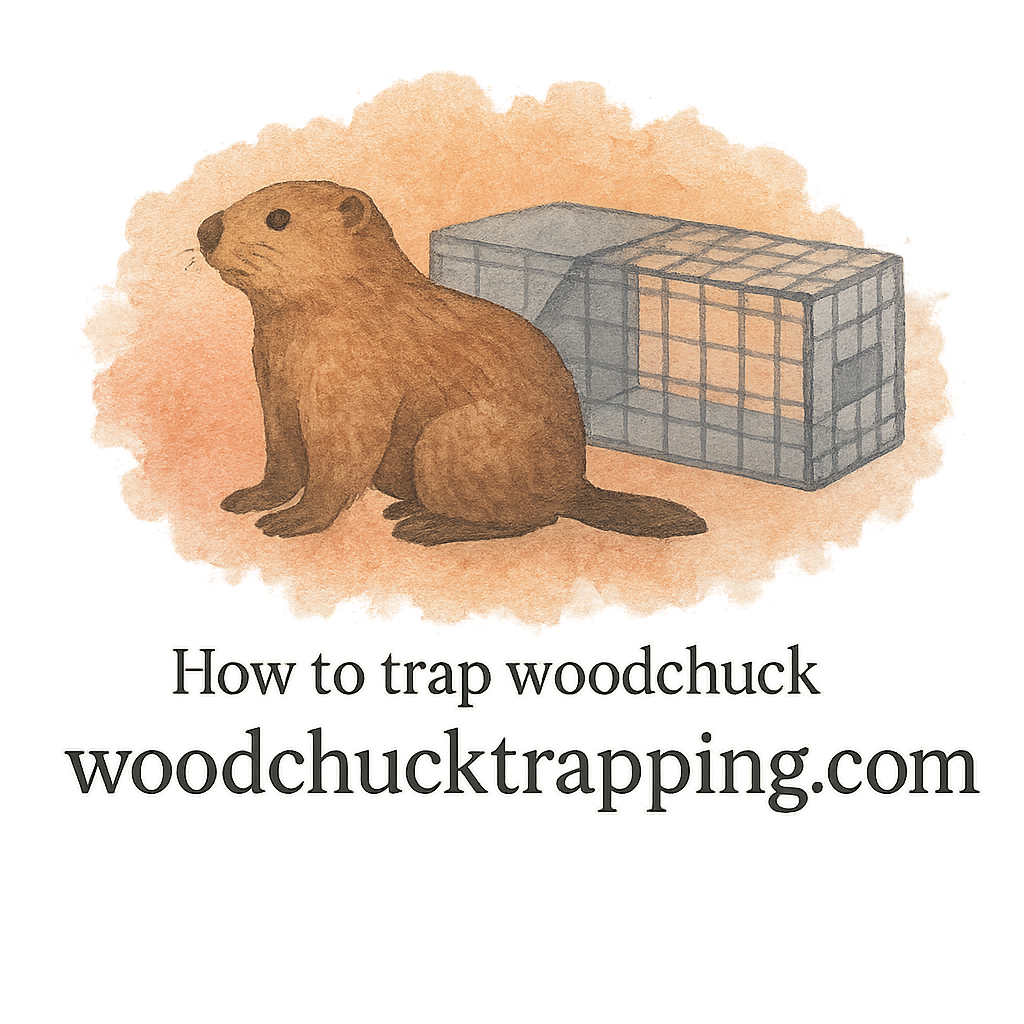Introduction to Woodchuck Trapping Laws
Trapping woodchucks (also known as groundhogs) might sound like a simple task—set a trap, catch the critter, problem solved. But hold on! Did you know that the rules for trapping woodchucks vary from state to state? Yep, some states are super chill, while others treat it like a serious legal operation.
Before you head out to catch that burrow-busting pest, let’s go through the key woodchuck trapping laws in 10 states you should definitely know.
Why Knowing Trapping Laws Matters
Ever hear the saying, “Ignorance of the law is no excuse”? That applies here. Whether you’re trying to prevent yard damage or just curious about humane trapping options, following state regulations helps avoid hefty fines—and in some cases, criminal charges.
Plus, understanding the rules can help you choose the best traps, use ethical techniques, and protect your local wildlife ecosystem.
For full legal and safety info, don’t miss this must-read page: Laws & Safety
Key Terms You Should Understand
Before diving into state laws, let’s clarify a few important trapping terms:
Trap Type Regulations
States often specify what types of traps are allowed—think box traps, cage traps, and kill traps. Some states allow only humane capture traps, especially in residential areas.
Check out this in-depth review of equipment here: Trapping Techniques and Equipment Reviews.
Licensing Requirements
In many states, you need a trapping license—even if you’re just dealing with your backyard nuisance. Some require special permits for nuisance animal control.
Seasonal Restrictions
Certain states allow trapping woodchucks only during specific seasons to protect wildlife populations. Yep, even pests have their time!
State-Specific Woodchuck Trapping Laws
Let’s break it down by state. These are ten of the most commonly inquired-about states when it comes to groundhog control.
New York
Licensing & Permit
In New York, you’ll need a small game hunting license to trap woodchucks legally, even if it’s on your own property.
Trap Restrictions
Only cage or box traps are allowed in most residential areas. Kill traps are prohibited without additional licensing.
Pennsylvania
Allowed Seasons
Woodchucks can be hunted year-round but trapping is subject to more specific rules. You’ll need a furtaker license.
Legal Trap Types
You can use cage traps, but using conibear (kill) traps requires specific spacing guidelines.
Learn more about baiting strategies at Baiting & Luring.
Ohio
Baiting Guidelines
Ohio allows baited traps but regulates the type of bait used. Scent-based lures are popular here. See this guide on Scent Bait.
Reporting Captures
Some municipalities require you to report live-caught woodchucks before releasing or relocating them.

Illinois
Urban Area Regulations
In cities like Chicago, you must use humane traps and follow relocation rules. It’s illegal to relocate wildlife without a permit.
Live vs. Kill Traps
Only live traps are allowed in urban zones. Kill traps require special approval.
More info: Tag: Humane
Michigan
Distance from Residence Rules
Traps must be placed at least 150 feet from another residence without permission.
Public Land Rules
Trapping on public land requires a state-issued permit and must be for population control.
Wisconsin
Humane Trap Mandates
You must use padded-jaw or cage traps in residential areas. Killing traps can only be used in rural settings.
Transport Rules
Captured animals must be released within 24 hours or turned over to wildlife control services.
Useful reading: Tag: Handling
Virginia
Private vs Public Property Law
Trapping is allowed on private land with landowner permission. It’s a felony to trap without consent.
Landowner Permission
Written permission is highly encouraged—even if verbal is technically legal.
Massachusetts
Trap Type Ban
Massachusetts has banned most kill traps. Only cage or live capture traps are legal.
Special Permits Requirement
You’ll need a permit from Massachusetts Division of Fisheries and Wildlife if relocating any animal.
Explore more here: Tag: Trap Gear
Maine
Trapping Education Courses
Before getting a license, you must complete a certified trapping course in Maine.
Land Use and Access
You can’t trap within 100 yards of any occupied dwelling unless you have written permission.
Vermont
Environmental Impact Guidelines
Vermont requires traps to be marked with your name and address. Traps must also be checked every 24 hours.
Local Enforcement Tips
Local game wardens enforce laws strictly, especially in areas with known wildlife conflicts.
Staying Compliant and Safe
Let’s be real—woodchuck trapping isn’t just about getting the pest. It’s about doing it safely, ethically, and legally. Here’s how to stay within the law.
Using the Right Gear
Not all traps are created equal. Using Compact Traps is often the best option for Small Yard situations.
Legal Ways to Lure Woodchucks
Scent-based attractants are both effective and legal in most states. Learn more about Lure Techniques.
Checking Traps Timely
Most states require traps to be checked at least once every 24 hours. Failing to do so is not only cruel but illegal in many places.
What Happens If You Break Trapping Laws?
Penalties range from fines to jail time. Seriously, don’t risk it. One wrong move, and you could be facing wildlife violations, especially if you trap on someone else’s land without permission or use illegal equipment.
To avoid mistakes, check out Trapping Essentials and Safety Tips.
Conclusion
If you’re dealing with a woodchuck infestation, trapping can be an effective solution—but only when done legally and ethically. Laws vary widely by state, so make sure you’re informed before you set your first trap.
The key is simple: Know your state’s regulations, use the right tools, follow ethical practices, and always prioritize safety—for both you and the animal.
For more trapping know-how, explore everything from Prevention & Damage Control to smart Trapping Techniques.
FAQs
1. Can I trap woodchucks on my own property?
Yes, in most states you can, but you may still need a license or follow specific trap regulations.
2. What’s the best bait to use for woodchuck traps?
Fresh fruits like cantaloupe or commercial scent bait often work best.
3. Are kill traps legal?
It depends on your state. Many states ban them in residential areas. Always check your local laws.
4. Do I need to check traps daily?
Yes, most states require traps to be checked every 24 hours to prevent animal suffering.
5. Can I relocate a trapped woodchuck?
Some states prohibit relocation without a permit. Others allow it within a certain range. Always check!
6. What if I accidentally trap a non-target animal?
Release it immediately if uninjured. Report it to local wildlife authorities if necessary.
7. Where can I learn more about safe trapping practices?
Visit Woodchuck Trapping Home for a comprehensive resource hub.


